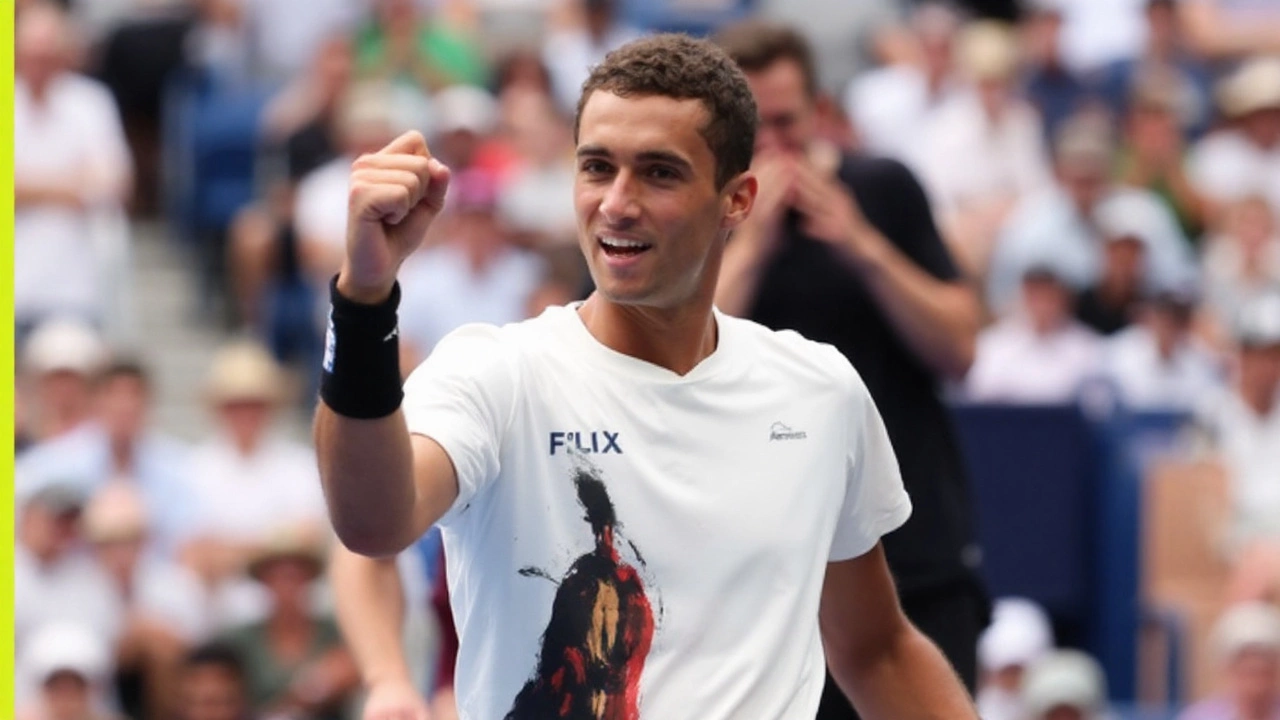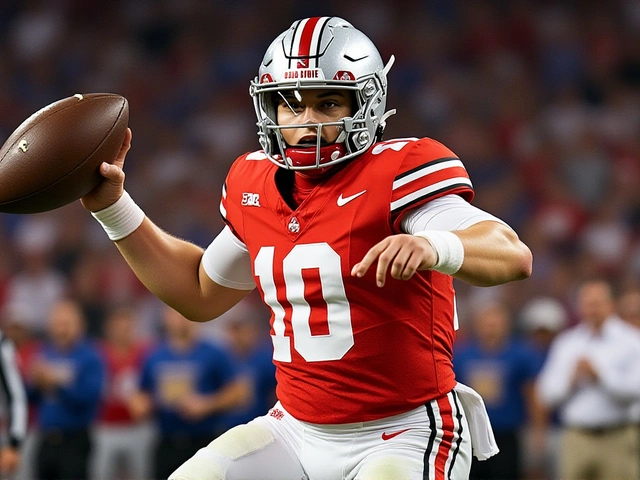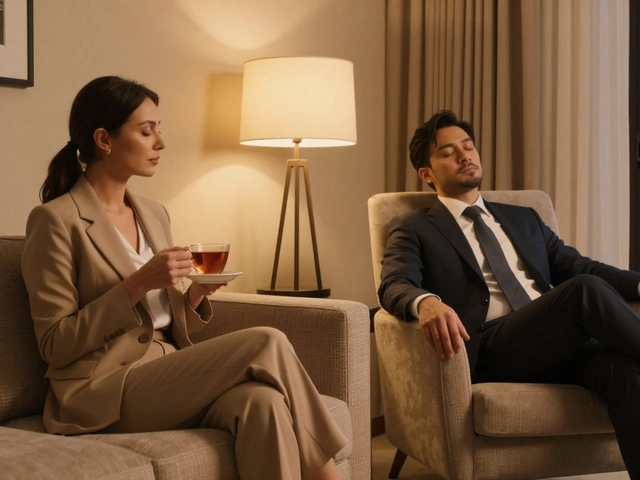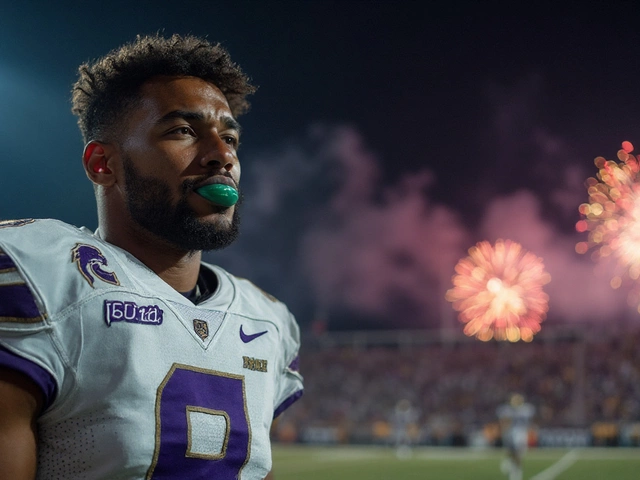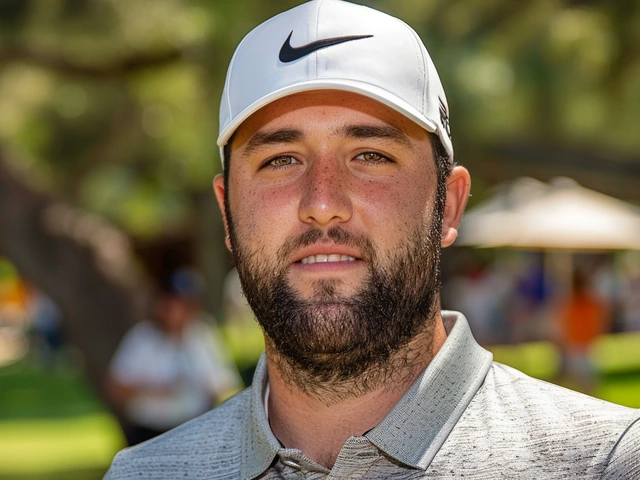The family blueprint behind a top-10 talent
Plenty of elite athletes grow up with a parent as a coach. Fewer navigate it without burnout or family friction. In the case of Felix Auger-Aliassime, the balance has been striking: a father who set standards without piling on pressure, and a mother who kept school, stability, and perspective front and center. Together, they built a framework that carried a kid from Quebec practice courts to stadiums around the world.
The names behind that framework are Sam Aliassime and Marie Auger. He grew up in Togo, fell in love with tennis after a blunt end to his soccer dreams, and started teaching the sport before he was out of his teens. She’s a French-Canadian teacher who guided the family’s move, rhythms, and priorities, especially when tennis threatened to swallow everything else. Their son, Felix, has become one of Canada’s defining sports figures of this era—a Grand Slam semifinalist, a Davis Cup winner, and a standard-bearer for a generation raised in a multi-cultural, bilingual Canada.
This story isn’t just about technique or rankings. It’s about how a household chose values—work, humility, and steadiness—and then lived them for two children chasing the same unforgiving sport. Felix and his older sister, Malika, both carried the hyphenated surname Auger-Aliassime by design. It wasn’t a flourish. It was a statement: both sides of their identity travel together.
Felix often says there was no sense of doom at home if he lost, no talk of an athletic “investment” the family needed repaid. That helped him breathe in a sport where pressure becomes a second opponent. When he describes his childhood, what he remembers most is effort—not demands.
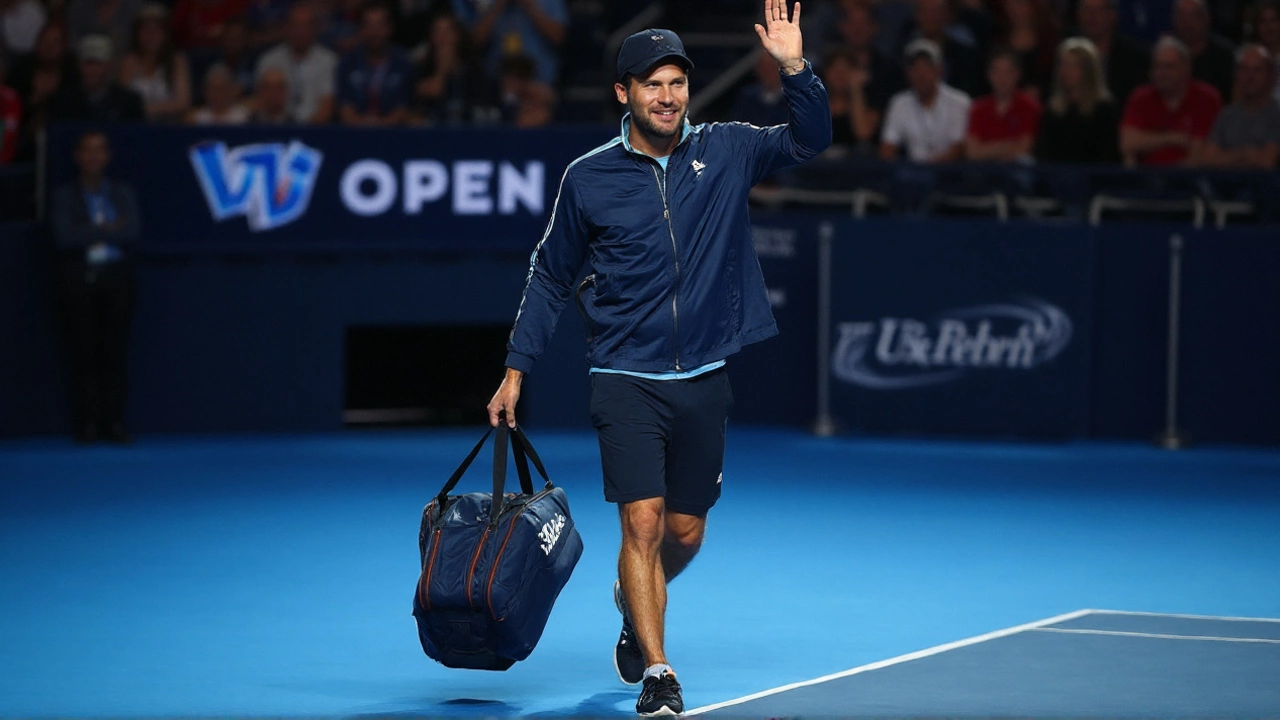
From Togo to Quebec: how the model took shape
Sam’s path to coaching started with a blunt verdict. He grew up in a soccer-first family—11 boys played—but a coach told him he would never make it because his left foot wasn’t good enough. He could use his right all day; the issue was everything else. That sting pushed him to the tennis courts his father’s hotel maintained. By 18 he was running a small tennis academy in Togo, splitting time between studies, coaching, and a new identity around a different sport.
That early start matters. Teaching young players forces a coach to explain footwork, grips, patterns, and mindset in ways that make sense to a teenager. It also forces patience. Those years gave Sam a voice he later brought into his own home. When he moved to Quebec in his mid-twenties to be with Marie, he didn’t arrive as a former player clinging to what might have been. He arrived as a builder who already knew how to run a practice and read a kid’s energy.
He started with Felix at age four. The plan was simple: keep it playful, layer in fundamentals, and wait to push volume until the body and mind were ready. He separated “dad time” and “coach time,” a subtle but crucial move that many families never quite figure out. Technique mattered, but so did attention to the person holding the racquet. Bad days didn’t become bad nights. The goal was a complete player and, more importantly, a balanced adult.
Marie made that possible. A teacher by trade, she made sure the education piece never slipped, even when tennis demanded long travel stretches and odd hours. When Sam immigrated to Canada at 26, she handled the unglamorous parts—forms, housing, logistics, the dozens of tiny decisions that can make a new country feel doable. It meant Sam could coach, the kids could focus, and the family could move as one unit.
As the results came, the Aliassime-Augers kept the guardrails. Schoolwork stuck to a high bar. Tournament schedules were picked with care. At home, tennis didn’t drown out everything else. Felix learned piano, a habit he kept into his pro years. It gave him a second language for stress—quiet, precise, and far from the noise of the tour.
Their naming choice—Auger-Aliassime—wasn’t cosmetic. It was an instruction manual: this is a bicultural, bilingual home, and each part counts equally. That clarity shows in their kids. Malika, born in 1998, described herself as someone who “never gives up” and knows “the meaning of the word sacrifice.” That line could have been written by either parent. It’s the family theme in one sentence.
As Felix moved through junior levels, the family made another key call: bring in outside voices when the time was right. He trained in Quebec and then joined Tennis Canada’s national setup in Montreal, a program that also shaped names like Denis Shapovalov and Bianca Andreescu. That transition matters because it said, out loud, that the project was bigger than any one person. Sam’s role shifted from daily coach to guide and anchor. The home culture stayed the same; the technical leadership broadened.
On tour, that openness continued. The team added experienced coaches, and later even a famed advisor for a period to sharpen tactics and mental routines. That willingness to adapt—without losing the family’s core—helped Felix move from promise to results. You could see it in big matches. He played with calculation, but not fear. His game evolved: heavier serve patterns, smarter point construction, better management of momentum swings.
Results followed. He broke into the world’s top 10 and reached a Grand Slam semifinal at the US Open, proving he could hold up physically and tactically across seven matches under bright lights. He anchored Canada’s first-ever Davis Cup title, a landmark for the country’s golden tennis wave, and he won multiple ATP titles in indoor and outdoor conditions. Basel, Rotterdam—these weren’t flukes. They were the product of a solid base that doesn’t crack when form wobbles or confidence dips.
And like any young star, he did face dips. Health blips in one season, a confidence slide the next—nothing unusual, but magnified when every match is streamed and sliced into clips. The response looked familiar: tighten the circle, reset habits, revisit the basics. Late-season runs have been a feature of his career when he gets healthy and the scheduling clicks. The baseline never changes: effort, routine, patience.
Felix has been open about what drives that baseline. He watched his father leave family behind in Togo, learn a new place in Quebec, and start from scratch. You can’t fake that example. It’s a quiet daily reminder that nothing is owed, everything is earned, and that identity is a strength, not a distraction. It’s also why giving back became part of his profile early. He has supported education initiatives in Togo tied to his match results, turning points on a scoreboard into help for classrooms a long way from center court. The connection is direct: the country that formed his father is part of his own responsibility.
Marie’s fingerprints show up in different ways. Ask people around Felix and they talk about how he handles wins and losses the same way. There’s celebration, sure, and disappointment when needed, but then it’s on to the next. That is schoolteacher energy—routine, reflection, and a steady reset. She’s also been the one to keep the long view, especially when there’s a temptation to chase every tournament. The travel calendar can be a trap. The family is careful about choosing the right surfaces, the right practice blocks, and the right downtime.
In the stands, Sam and Marie are present without being performative. No sideline theater, no viral reactions. They’ve seen enough tennis to know you can’t coach every point from a balcony. The work gets done before the warmup. During matches, the job is reinforcement: calm faces, small nods, the same body language at 0-30 as at match point. An athlete notices that. It matters.
The broader context here is Canadian tennis itself. Over the last decade, the country quietly built first-rate pathways in Montreal and Toronto while drawing energy from immigrant communities where tennis had already become a staple. Felix fits that picture. He comes from a French-speaking household that sits across continents comfortably. That comfort shows up when he switches languages in interviews and switches gears on a breaker at 6-all. It’s one frame of mind.
All of this started with a few blunt truths. A coach in Togo once told a teenager that his left foot wasn’t good enough for soccer. A different teenager years later learned that effort beats talent when talent eases up, especially on a windy court in Quebec in March. And a family decided that names matter because they tell you who you are before you swing a racquet.
For anyone tracking the arc of his career, a few milestones sketch the map:
- Early childhood in Quebec with daily sessions led by his father, focused on fundamentals and fun.
- Move into Tennis Canada’s Montreal program, bringing new coaches and peers into his circle.
- Breakthrough runs on the ATP Tour with indoor titles and a deep Grand Slam push in New York.
- A pivotal role in Canada’s first Davis Cup win, turning personal progress into a national moment.
- Philanthropic efforts supporting education in Togo, tying results to real-world impact.
Through it all, the family dynamic stayed consistent. Sacrifice was never a threat or a weapon. It was context—what it took to get here and what it will take to stay. That choice changes how a young player hears the sport’s daily noise. It keeps the joy alive longer. It keeps the work cleaner.
Felix turns 25 with a resume that already fills multiple chapters, and with room left to write more. The ranking will move. The injuries will come and go. The game will keep evolving as opponents adjust. What doesn’t move is the floor his parents built. It’s made of repetition, humility, and a clear sense of where he comes from and why he plays.
Watch him between points and you see it. He looks to his box, gets a nod, breathes, and resets. No drama. That’s not an accident. It’s a family habit, learned long before he walked into a Grand Slam stadium, back when a teacher-mom set the homework on the kitchen table and a coach-dad repeated the footwork for the hundredth time, without raising his voice.
There are plenty of ways to tally a sports career—titles, rankings, prize money, endorsements. Here’s another: whether the people who know you best helped you become larger than your results. On that score, the Aliassime-Augers are already there, and the story is still being written.
